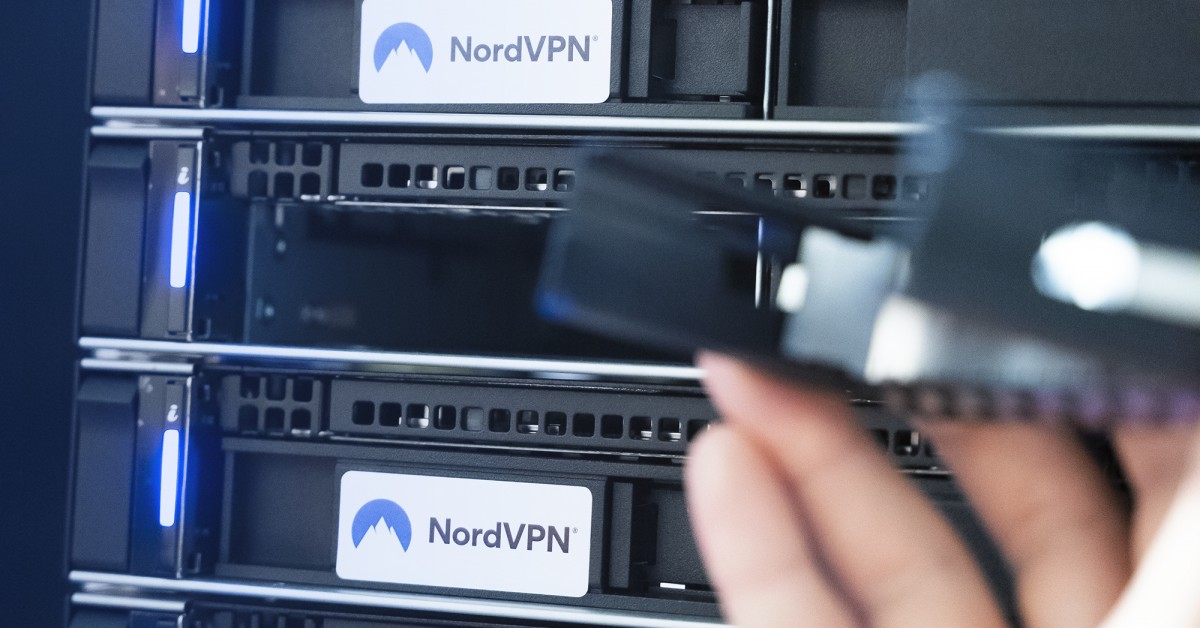

Perhaps the biggest question that needs to be asked when using a VPN is whether or not logs of user activity are kept. Some other notable features are a DNS Leak Resolver that keeps DNS servers from sending information outside of the VPN tunnel, a Onion Over VPN that allows users to connect to TOR, dedicated P2P servers for anyone interested in that type of sharing, and a dedicated IP service for those who want to keep a single IP address for accessing servers and networks. But it is a decent option for anyone whose life could be on the line if their true identity got out. I'm not sure when I would personally use it, because it slows down your speed quite a bit. The company also offers double data encryption, which moves your traffic through two VPN servers instead of just one. NordVPN has over 5,500 servers in 59 countries, meaning you're likely going to get a solid connection to a server no matter where you are. If you have more devices than this, say in an office or a full household, a router can be configured with the VPN (and will count as one device) to essentially allow as many devices as you want. You can have up to six devices using NordVPN simultaneously on one account, which is standard operating procedure for most providers. NordVPN is one of the most feature-laden providers we've seen, with a long list of both user-friendly and secure tidbits. We did not test whether IPv6 leaks were still occurring following the update, but it's good to know that NordVPN acknowledged the problems publicly and strives to fix them. Now, if a user tries to connect to the VPN with an IPv6 address, the information coming from the address will be blacked out, and only IPv4 traffic (protected) will get through. In February 2017, the company updated its service with IPv6 leak protection that works on all NordVPN apps. Overall, the included support for legacy protocols such as SSTP and PPTP (although not recommended), the use of OpenVPN by default in the Windows app, the use of L2TP/IPsec for Windows 10 Mobile, and the inclusion of the relatively new IKEv2/IPsec protocol, show that NordVPN is serious about your security.Ī note on IPv6 leaks, which NordVPN was notorious for in the past. Phase 1 keys use AES-256-GCM and SHA2-384 for encryption, 3072-bit Diffie-Hellmann keys for Perfect Forward Secrecy, all before being sent through the VPN tunnel encrypted with AES256. NordVPN more recently implemented IKEv2/IPsec support for strong encryption, better stability, and faster speeds. Instead, you can use L2TP/IPsec with your Windows phone, which is supported along with SSTP and PPTP protocols for legacy devices. OpenVPN works fine with Windows 10 PCs but won't work with Windows 10 Mobile. The company uses AES-256-CBC encryption and a 2048-bit Diffie-Hellman key to keep stuff seriously locked down. As far as connection protocols go, NordVPN uses OpenVPN by default in its Windows 10 app.


 0 kommentar(er)
0 kommentar(er)
